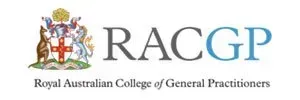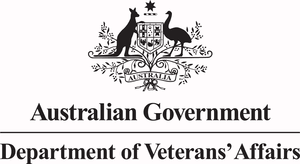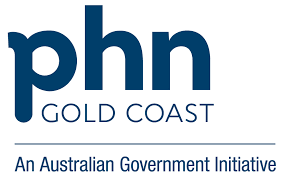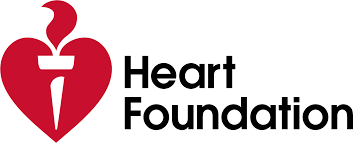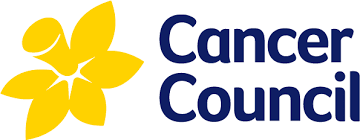Care for Indigenous Australians
Importance of Care for Indigenous Australians
Medical care for Indigenous Australians is a complex and multifaceted issue that intersects with broader questions of socio-economic inequality, historical dispossession, cultural safety, and access to services. Indigenous communities face distinct health challenges compared to the non-Indigenous population in Australia. As a result, several aspects of medical care for Indigenous Australians deserve attention:
- Health Disparities: Indigenous Australians have a shorter life expectancy, higher rates of chronic diseases such as heart disease, diabetes, and respiratory conditions, and experience higher infant mortality rates than their non-Indigenous counterparts.
- Cultural Sensitivity: Western medical practices don't always align with traditional Indigenous knowledge and practices. Culturally appropriate services ensure Indigenous Australians feel respected and understood in medical settings. This includes acknowledging traditional healing practices and ensuring communication is effective and respectful.
- Remote Communities: Many Indigenous Australians live in remote areas where access to healthcare services can be limited. Transporting patients to urban centres for specialised treatment can be costly and emotionally distressing, as individuals are often separated from their families and communities.
- Workforce Representation: Historically, Indigenous representation has been lacking in the health profession. Increasing the number of Indigenous health professionals can help bridge cultural gaps and improve healthcare delivery for Indigenous communities.
- Holistic Approach: Indigenous Australians often have a holistic view of health, which encompasses not just physical well-being but also cultural, spiritual, and emotional health. Healthcare initiatives for Indigenous communities are more effective when they acknowledge and integrate this holistic perspective.
- Government and Community Initiatives: In recent decades, there have been efforts from both government and Indigenous-led community organisations to close the health gap. For instance, the Close the Gap campaign is a high-profile initiative to achieve health equality for Indigenous Australians within a generation. It focuses on collaboration between Indigenous communities and the government.
- Mental Health: The impact of colonisation, cultural dislocation, and ongoing discrimination has significant implications for the mental health of Indigenous Australians. Substance abuse, trauma, and high suicide rates are pressing concerns in many communities.
- Chronic Disease Management: Given the higher prevalence of chronic diseases among Indigenous Australians, there's a need for tailored programs that address risk factors such as diet, physical activity, and tobacco use.
Efforts to improve healthcare for Indigenous Australians must be culturally appropriate, collaborative, and based on mutual respect and understanding. It requires acknowledging past injustices, listening to Indigenous voices, and working together to find effective, sustainable solutions.
What Care is Available for Indigenous Australians?
A range of care services and programs are available for Indigenous Australians. While there are still areas that need improvement, there have been efforts at both the federal and state/territory levels, as well as by Indigenous-led organisations, to provide care that caters to the unique needs and circumstances of Indigenous communities. Here's an overview of some of these services and programs:
Healthcare
- Aboriginal Community Controlled Health Services (ACCHS): These are primary healthcare services initiated and operated by local Aboriginal communities to deliver holistic and culturally appropriate health care.
- Closing the Gap: This government strategy aims to reduce health disparities between Indigenous and non-Indigenous Australians.
- Royal Flying Doctor Service: Provides healthcare to remote and rural areas of Australia, ensuring that those in isolated locations receive necessary medical care.
Mental Health and Well-being
Culturally appropriate mental health services, counselling, and community well-being initiatives are available in many regions.
Substance Abuse and Rehabilitation:
There are Indigenous-specific rehabilitation and support services for those struggling with substance abuse.
Child and Family Services
Support for Indigenous families, children, and youth, ensuring they have access to essential services and support mechanisms.
Elder Care
Services tailored for elderly Indigenous Australians, focusing on their specific cultural and healthcare needs.
To increase access to healthcare, we offer Bulk-Billing to all our First Nations patients.

